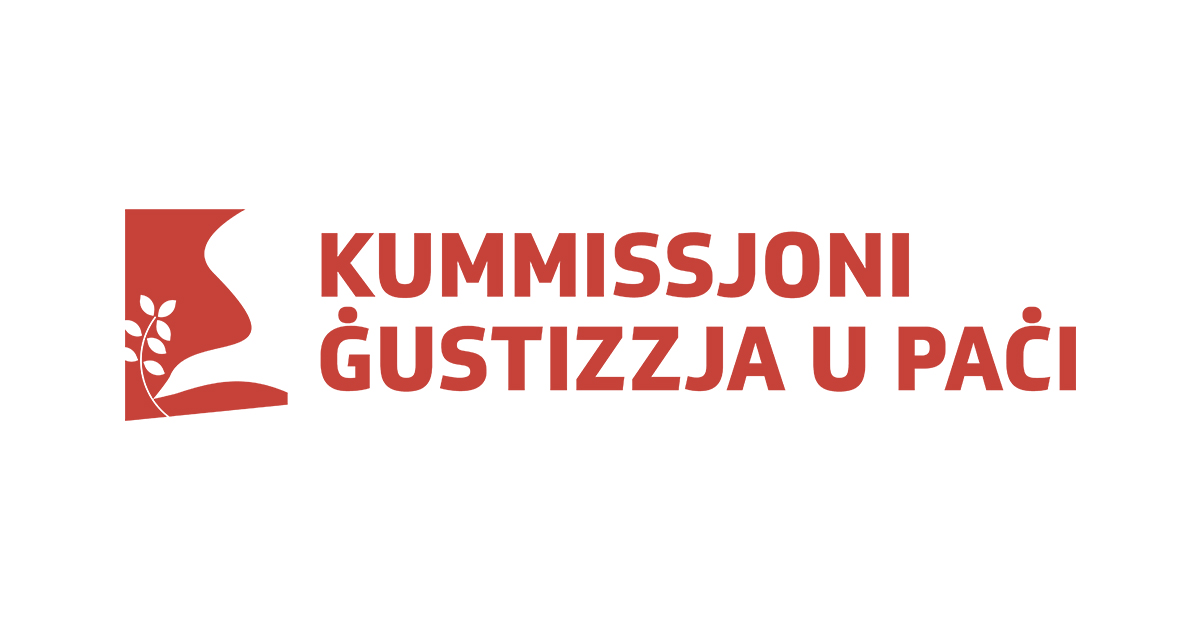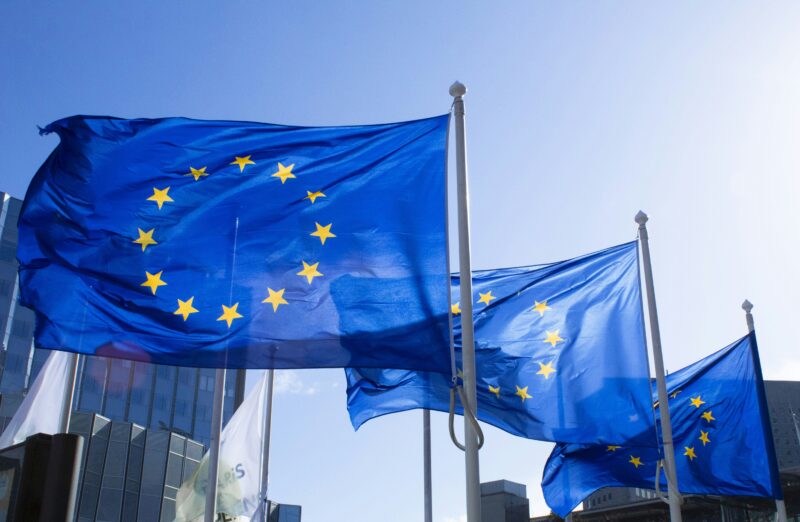From June 6th to 9th, a pivotal event unfolds across Europe as approximately 400 million citizens prepare to cast their ballots in the European Parliament elections. This exercise in democracy transcends national borders, offering each individual the opportunity to shape the collective destiny of the continent. Notably, this election marks a historic milestone as, for the first time, young people aged 16 and 17 in some countries are eligible to participate as well. It underscores a broader effort to engage and empower the youth, recognizing their stake in shaping the future of Europe.
The significance of this electoral process extends far beyond the mere composition of the European Parliament. It reverberates throughout the corridors of power, influencing the selection of key figures such as the President of the European Commission and the President of the European Council. These leaders, following the mandate bestowed by the electorate, will navigate the intricate web of European governance, steering the course of policies and initiatives that impact the lives of millions.
In this spirit of democratic engagement, the Executive Committee of Justice and Peace Europe, representing a network of over thirty national Justice and Peace Commissions across the continent, issues this call to all voters. Beyond the realm of personal interests, citizens are urged to consider the broader imperatives of the common good. This entails a multifaceted approach encompassing various critical issues that demand concerted attention and action.
- Foremost among these concerns is the preservation of human life, dignity and fundamental rights, both within Europe and beyond its borders. Fundamental freedoms, such as freedom of religion, belief, speech, and information, form the bedrock of European values. Yet, these rights remain under siege in many parts of the world, underscoring the imperative for vigilant advocacy and robust defence.
- Simultaneously, existential threats loom large, with the climate crisis and biodiversity loss posing tough challenges. The European Union, endowed with significant regulatory authority and diplomatic leverage, shoulders a profound responsibility in addressing these pressing issues. It must heed the impassioned pleas of the younger generation, who rightfully demand decisive action to safeguard their future and the planet they will inherit.
- Moreover, demographic shifts, coupled with emerging health crises, demand innovative policy responses that prioritize inclusivity and social cohesion. Aging populations, exacerbated by the possibility of new pandemics, underscore the urgent need for comprehensive healthcare and support systems that cater to the needs of all citizens.
- In parallel, the plight of refugees and migrants, compelled by dire circumstances to seek sanctuary within Europe’s borders, underscores the moral imperative of compassion and solidarity. Asylum seekers, in particular, must be afforded fair and humane treatment throughout the entirety of their journey, reflecting Europe’s commitment to upholding universal human rights.
- Beyond its immediate borders, Europe’s sphere of influence extends to aspiring member states. The enlargement process, which now includes not only the Western Balkans but also Ukraine, Moldova and Georgia, will be central to the next European cycle. It holds the promise of fostering the rule of law and promoting stability in neighbouring regions.
- Likewise, Europe must stand in solidarity with nations grappling with conflict and instability all over the world, offering support and humanitarian aid to alleviate human suffering and restore hope amidst despair. Suffering from a brutal war of aggression initiated by the Russian government, the people of Ukraine deserves unwavering solidarity and comprehensive support by the newly formed European institutions. Moreover, the next European Parliament should launch a major initiative to rebuild a new international peace order.
Yet, amidst these noble aspirations, the shadow of disinformation looms large, threatening to undermine the very foundations of democracy. Whether propagated domestically or orchestrated from abroad, misinformation campaigns seek to sow discord and erode trust in democratic institutions. Hence, the preservation of independent news outlets and the promotion of quality journalism emerge as bulwarks against the insidious onslaught of falsehoods.
Furthermore, the scourge of racism and antisemitism, antithetical to Europe’s professed values of tolerance and inclusion, must be unequivocally condemned. Extremist ideologies that seek to denigrate human dignity and rights have no place in the democratic discourse, warranting a united front against their influence.
In conclusion, as Europe prepares itself for this electoral milestone, the collective aspirations and convictions of its citizens will chart the course of its future. The European Parliament elections, far from being a mere exercise in political theatre, represent a testament to the enduring principles of democracy and solidarity that bind the continent together. In exercising their civic duty, voters hold the power to shape a future defined by justice and peace for all.
Brussels, 9 May 2024
The Executive Committee of Justice and Peace Europe



